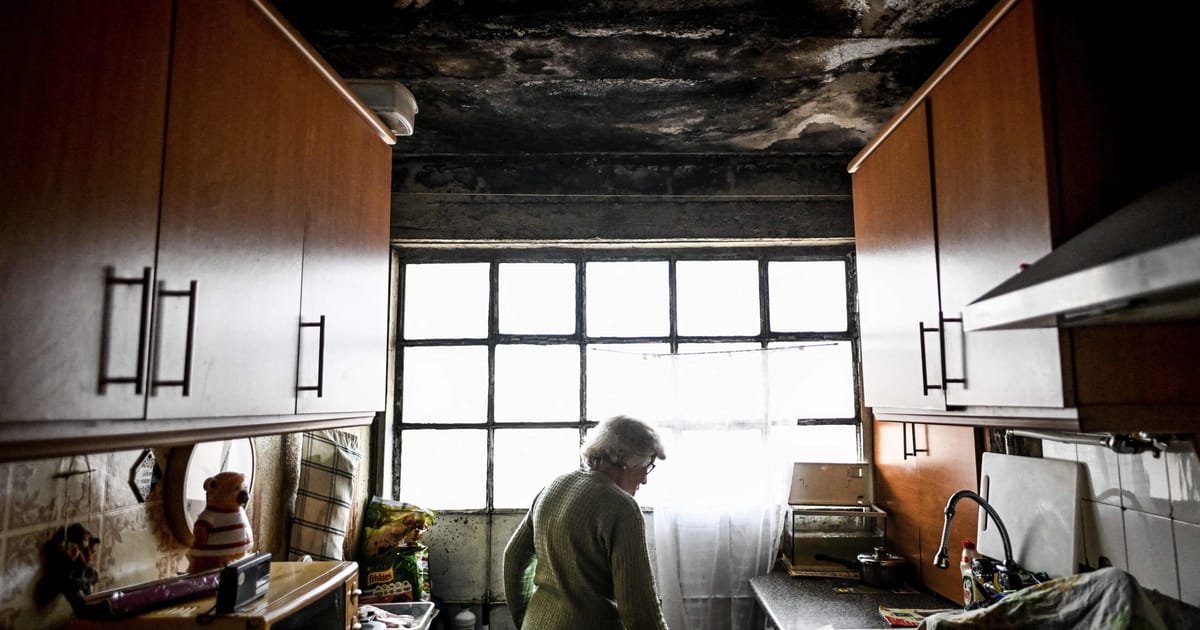The European Commission is pushing for the post-pandemic recovery fund not to be repeated — as well as for conditions on financing of poorer regions.
The European Commission is siding with a German-led group of fiscally conservative governments by resisting demands to finance spending through more borrowing — on top of a push to add conditions to the hundreds of billions of euros it gives the European Union’s poorest nations.
In effect, it signals the end of an era of free money — when the bloc’s massive post-pandemic recovery fund was made up of shared debt rather than national contributions, and when EU funds for things like new roads, hospitals and renewable energy projects were lavished mostly on eastern and southern European countries without them having to do anything in return.
The Commission, which is in charge of managing the EU’s €1.2 trillion seven-year budget, predominantly funded by its members, is beginning to think about the version due to start in 2028. The questions will come to a head when countries negotiate how much money to allocate to different programs. The Commission will put forward a formal proposal in the summer of 2025, which will have to be unanimously approved by governments before the end of 2027.



This is the best summary I could come up with:
The Commission, which is in charge of managing the EU’s €1.2 trillion seven-year budget, predominantly funded by its members, is beginning to think about the version due to start in 2028.
“Some countries will try to weaken reform conditionality … it’s probably going to be one of the difficult points in the negotiations," Eulalia Rubio, a researcher at the Jacques Delors Institute think tank, said.
The EU executive is shying away from the idea of setting up such an investment fund — to finance defense and green spending in the coming years — over opposition from fiscally conservative countries including Germany and the Netherlands.
The most sensitive political decisions — such as whether to set up a new investment fund — will ultimately depend on the outcome of the European election in June and the make-up of the new executive.
The Commission thinks the cohesion fund can be used as a tool for forcing governments to carry out reforms on a range of issues ― including pensions and democratic standards ― that have been on the backburner for years.
The need to cough up fresh cash to boost growth in countries waiting to join — such as Ukraine and the Western Balkan states — and repay the post-pandemic debt might undermine calls for a bigger budget.
The original article contains 882 words, the summary contains 216 words. Saved 76%. I’m a bot and I’m open source!